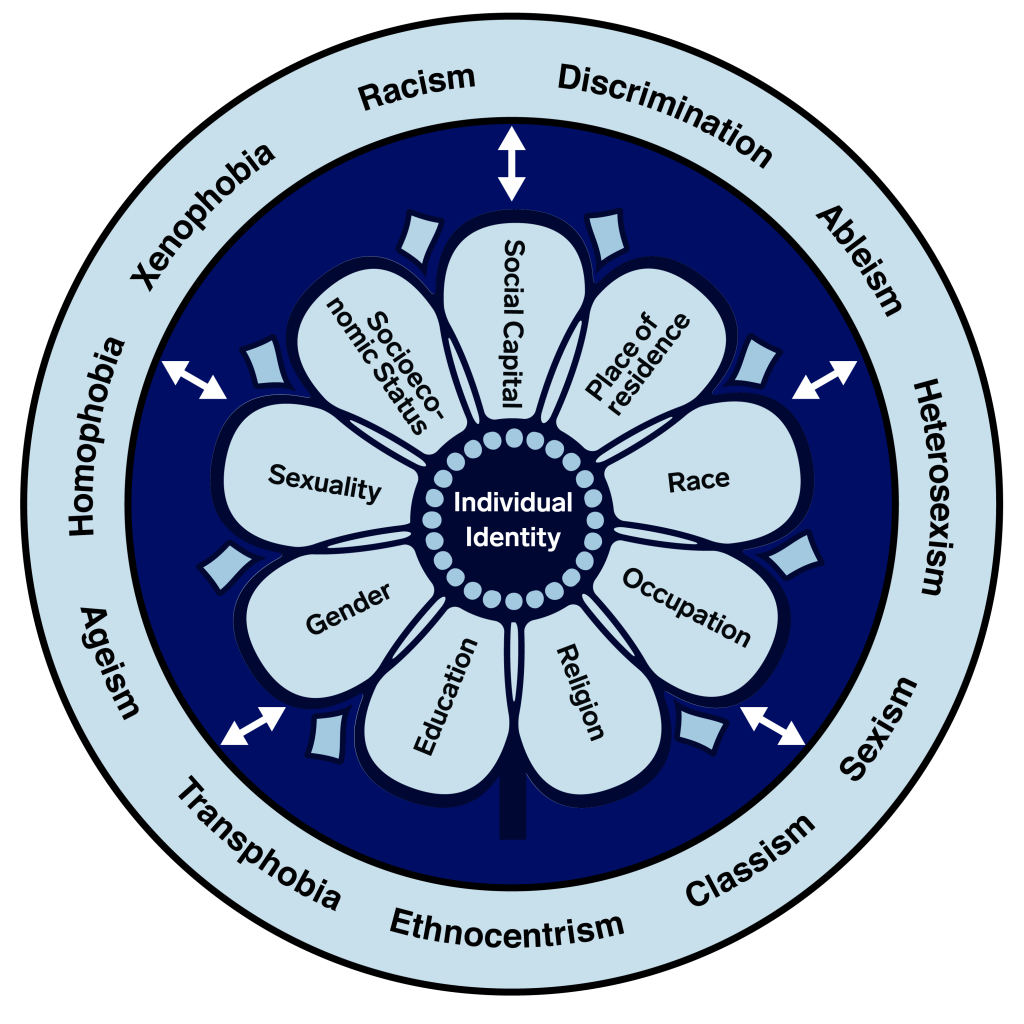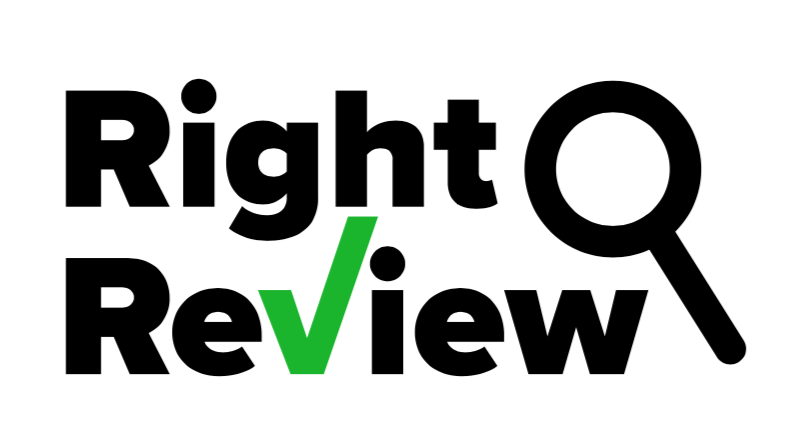We work with researchers, policymakers, clinicians, leaders, patients and the public in Canada and around the world to put knowledge into practice. With emphasis on knowledge synthesis, implementation, patient and public engagement, and capacity-building, we aim to close the gap between research and practice. While our approach to knowledge translation is rooted in theory and science, our application of KT is uniquely practical, emphasizing real-world impact. We cover the entire spectrum of knowledge translation, from knowledge synthesis to dissemination, implementation, evaluation, and sustainability.
We are situated within the Li Ka Shing Knowledge Institute of St. Michael’s Hospital, part of Unity Health Toronto.
>1200
Publications
>60
COVID-19 Projects
>1000
Funded KT Projects
>$80M
Funding since 2010
>15,000
Trainees
>1,000
Evidence reviews
Advancing KT Practice
Our Impact on Patient Care
Some examples include:
- Mobilizing older adults, reducing hospital stays by half in hundreds of hospitals across four countries, saving approximately $42 million in Ontario alone.
- Optimizing chronic disease management in older adults, for example, doubling the number of people receiving osteoporosis screening and management, and doubling quality of life scores by decreasing episodes of urinary incontinence.
- Enhancing access to COVID-19 assessments, treatments, and wellness resources in over 70 long-term care homes/retirement homes, and 15 shelters in Ontario. Learn more here: https://wellness-hub.ca/.
Our Impact in Policy
Some examples include:
- Co-chairing the Royal Society of Canada Working Group on Health Research System Recovery, which produced the “Health Research System Recovery: Strengthening Canada’s Health Research System After the COVID-19 Pandemic” report.
- Informing Canadian policy makers on the effectiveness, safety, and drug coverage of over 1,000 medications and vaccinations.
- Developing knowledge mobilization plans for national and international organizations, including Canadian Institutes of Health Research (CIHR) and World Health Organization (WHO).
- Completing more than 60 COVID-19 projects that informed policy, including WHO guidance on long-term care home outbreaks.
- Informing national and international practice guidelines on more than 100 topics such as cognitive enhancers, anti-emetics, shingles vaccine, lumbar punctures, and COVID-19 vaccines.
Our Impact in Capacity Building
Some examples include:
- Engaging over 15,000 individuals (participants and partners) in 1,000+ KT training activities.
- Supporting the establishment of KT units in multiple countries (including Colombia, Ethiopia, Kosovo, and Singapore), and supporting researchers with KT capacity building in more than 19 countries.
- Supporting more than 70 graduate students and fellows to establish careers in academia, industry, government, and non-government organizations.
Advancing KT Science
Advancing KT science is a key component of our mission. Through innovative methods, studies within studies, and data-driven continuous improvement, we advance:
- Knowledge synthesis methods, exploring and implementing innovations, such as Artificial Intelligence, to accelerate and refine evidence review and synthesis processes, delivering precise and timely results that inform learning health systems.
- Patient engagement, integrating equity, diversity, inclusion, and anti-racism principles and best practices in order to achieve outcomes that are relevant and meaningful to patients and the public.
- Implementation science, furthering KT theories, models, and frameworks; integrating economic analysis into implementation research methods to improve return on investment; and optimizing learning health systems.
Intersectionality

- We centre patient needs and perspectives in everything we do, striving to include patients as partners in all stages of research.
- We apply an intersectionality lens throughout our work to foster a more comprehensive and nuanced approach to addressing inequalities and promoting inclusivity.
- We complete trauma-informed equity, diversity, and inclusion (EDI) training and reflexive exercises before each project to consider our positionality and biases (conscious and unconscious), and the impact of these on inclusion and the research.
- We are on the leading edge of work being done in to advance the integration of intersectionality into knowledge translation and learning health systems.
Learn more about our work in intersectionality through these publications:
- Applying an intersectionality lens to the theoretical domains framework: a tool for thinking about how intersecting social identities and structures of power influence behaviour
- Developing the intersectionality supplemented Consolidated Framework for Implementation Research (CFIR) and tools for intersectionality considerations
- Selecting implementation models, theories, and frameworks in which to integrate intersectional approaches
Mentorship
Mentoring the next generation of researchers is an important part of the work that KTP scientists do. Our scientists provide graduate students and early career researchers mentorship opportunities with a focus on professional skills development, best practices in research, and career development. The goal is to strengthen capacity and advance the science of knowledge synthesis, knowledge translation, and patient-oriented research. We facilitate strong mentoring relationships between trainees and expert mentors within KTP, Unity Health Toronto, and internationally, and promote cross-disciplinary collaboration and communication. In the last year, our KTP scientists have mentored over 20 individuals, and more than 200 to date. In a recent Implementation Science article, KTP Director Dr. Sharon Straus was named among the top-ranked individuals in Canada for giving advice on research, grants and careers. She also co-authored the book “Mentorship in Academic Medicine”, an evidence-based guide for establishing and maintaining successful mentoring relationships for both mentors and mentees, and was recently interviewed about mentorship by Dr. Jillian Horton in this podcast for the Royal College of Physicians and Surgeons of Canada.




